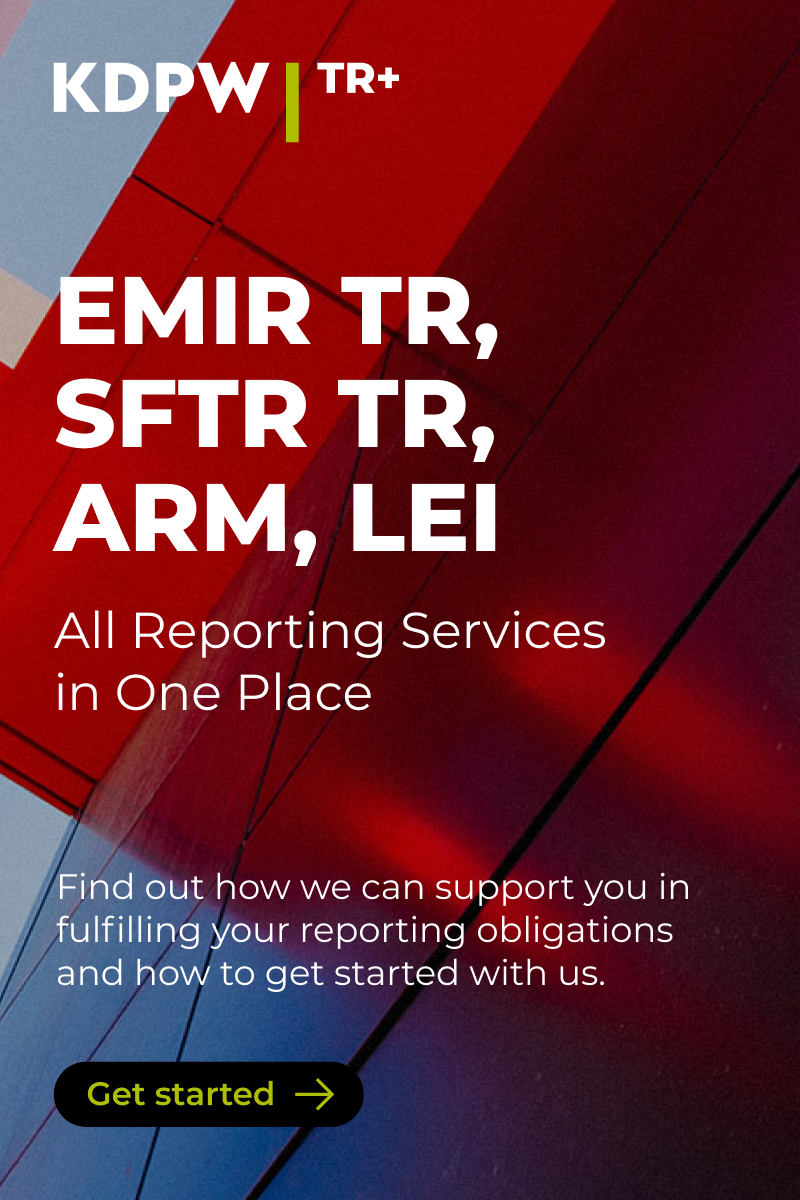Regtech firm Qomply is set to launch a free service to enable market participants to determine reportability of an instrument on a given trade date and location amid concerns around the FCA breaking from the EU in operating data repositories relating to MiFID II.
Following the close of the Brexit transition period, the Financial Conduct Authority (FCA) and the European Securities and Markets Authority (ESMA) have been operating two separate databases.
These databases serve as reference data for reporting under the second Markets in Financial Instruments Directive (MiFID II).
On 31 December, ESMA switched off the FCA’s access to its MiFID systems. In concert, the FCA launched a discrete and separate system on 1 January 2021.
According to Qomply, the smooth-running of roughly seven billion transaction reports are now hanging on the depth, scope and quality of the FCA's data.
“Buy-side and sell-side compliance practitioners may have an interest in knowing that Qomply is launching a free service to enable market participants to determine reportability of an instrument on a given trade date and location. This is the first service of its kind to be offered freely. ESMA offers a portal to check reportability however does not allow users to gain a snapshot for a given date,” says Qomply.
Since the launch of MiFID II, the EMSA database Financial Instruments Reference Data System (FIRDS) has been dubbed the “golden source of reference data” for transaction reporting under MiFID.
The database plays a “key role” in the timely production of daily transaction reports produced by market participants across the UK and EU, Qomply explains.
To this end, the EMSA FIRDS reference data have to be accurate, complete, reliable and up-to-date as the production of daily reports is produced under strict time constraints. Any inaccuracies in the reference data have widespread downstream effects.
Since the FCA now operates its own FIRDS database, there are two “golden sources” of reference data for which there is a heavy reliance.
Currently, Qomply estimates that ESMA is storing 68 million records of reference data and the new FCA database is storing roughly 22 million records as of early January 2021.
Qomply’s new service is set to facilitate the transparency of data and allow firms to conduct quick reportability checks by determining if a financial instrument is MiFID reportable in the UK, the EU, or both.
With the new service, firms will be able to input an instrument identifier (ISIN), a string of ISINs, or upload a CSV file for a specific trade date.
The service will report, as of that trade date, the region and reportability of that instrument allowing firms to know, unequivocally, if the instrument was reportable, when, and where.
Qomply anticipates its service will remove the ambiguity of reporting obligations and allow firms to reach back in time to determine if an instrument was reportable in a specific region.
Michelle Zak, co-founder of Qomply, says: “Understandably, any big changes have the potential to be disruptive, at least we can make it somewhat easier for firms to get answers on their reporting obligations in one place as opposed to issuing multiple queries across different locations”.
Elsewhere in Brexit news, industry experts have highlighted the “lack of focus” on the financial services sector.


